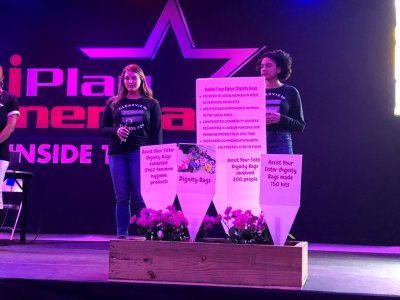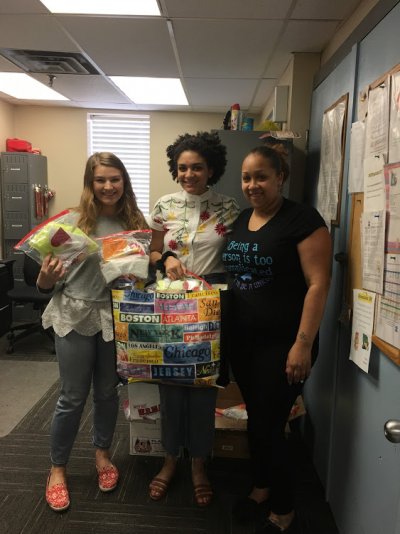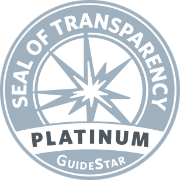Women’s History Month gives us the opportunity to explore gender inequalities and discuss strategies for uplifting women in all spaces, and it is impossible to promote the women’s empowerment movement today without recognizing the bravery and resilience of the women who fostered many of our modern-day feminist ideologies.
In the 1970s, Shulamith Firestone-a fierce activist-emphasized that the personal experiences of women are inherently political and a direct reflection of gender inequality and unbalanced power dynamics in society. She brought the inequalities surrounding menstruation and reproductive rights into public discourse. Activists such as Firestone paved the way for me and other young women in my generation to take action and influence our communities. The spirit and tactics used by Firestone and her fellow activists 50 years ago can be seen in the way I approach service to others and activism.

When I joined Multiplying Good’s (formerly The Jefferson Awards Foundation) Students In Action (SIA) program in 2014, I was a sophomore in high school and did not know how to refine my passions and be an active member in my community. One of the first things I learned was how, through service, I could not only impact individuals but I could also educate my community and advocate for those whose voices had been silenced. I also learned the power of storytelling and how impactful personal experiences can be on promoting individuals to get involved in service.
When my peer and I set out to create a new service project for Women’s History Month, we reflected on a particularly heartbreaking story. She had been in the city and saw a homeless woman who was bleeding through her pants while on her period because she simply could not afford feminine hygiene products. The expense of the items prevented this woman from upholding her personal hygiene and perhaps even her dignity. It is the right of every individual to be able to preserve their dignity and maintain hygiene, without which could bar them from advancements in their career and living standards. The high prices of pads and tampons can prevent a girl from going to school, thus decreasing their future career and opportunities as well.

This story and this issue prompted us and our Students In Action team to activate a project called Assist Your Sister Dignity Bags. We collected and donated feminine hygiene products to various women’s shelters in our surrounding communities, as they are one of the most seldom donated but highly needed items. In addition to donating the bags, we launched a campaign in our community to uplift the confidence and self-worth of young girls and to destigmatize periods and women’s natural bodily functions.
We used our SIA training to educate our community on how the lack of feminine hygiene products puts women at a systematic disadvantage and the importance of recognizing and preserving the dignity of women in need. With the tools and skills I learned from being a member of Multiplying Good programs, I was able to launch both a successful and impactful service project and social campaign.

Not only is Women’s History Month a time to further discussions about the inequity women all over the world face, but it’s also been a time for me to reflect on the influence of strong women in my own family. Since a young age my mother, who grew up during the second wave feminist movement, has instilled in me the belief that women are powerful, intelligent, autonomous beings. From supporting me in my love of STEM to taking me to protests and to volunteer at women’s shelters, my mom has instilled in me the values of altruism, resilience, and compassion.
In doing my part to further the movement, I continue to focus my service on women. Across the country and internationally, women are systematically oppressed. Now more than ever, the personal is indeed political. I believe those with privilege and power must do our part to uplift others by using our resources to create a spirit of service in our communities. By doing so we can create ripples of good, effect social and structural change, and inspire our communities toward action.
For many of us, our personal experiences are the root of our political issues, so to foster empowerment, we must listen to and support women through this glorious month, and for the rest of our lives.
About the Author
Sonja is a student at The George Washington University studying International Affairs and Global Public Health. She joined Students In Action as a sophomore and was president of the SIA team at her high school. In addition to the Think Big Team, she is also a member of the SIA Curriculum Advisory Board. Sonja is passionate about women’s health and gender equality and focuses her studies and community service on women’s empowerment and public health. Working with this organization has allowed her to engage her community in service, effectively spread her message, and maximize the impact of her work.

